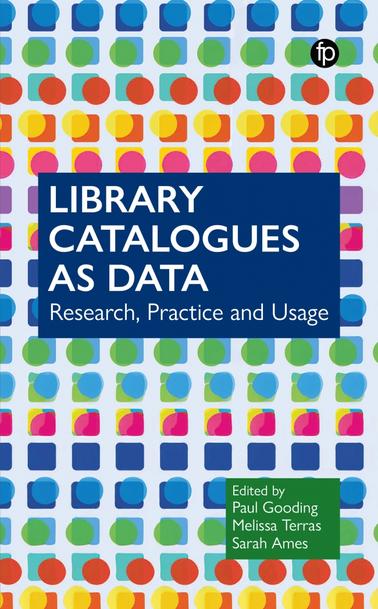https://www.facetpublishing.co.uk/page/detail/library-catalogues-as-data/?k=9781783306589
https://www.facetpublishing.co.uk/page/detail/library-catalogues-as-data/?k=9781783306589
A LITL more quality: Improving the correctness and completeness of library catalogs with a Librarian-In-The-Loop Linked Data Workflow
A presentation given at the Semantic Web in Libraries (SWIB) conference on November 28, 2022. The presentation focuses on what data quality even is, which quality procedures we have at the Royal Library of Belgium and how using your data will likely reveal (subtle) more quality issues. I briefly present the BELTRANS research project and how it motivated our Librarian-In-The-Loop workflow, in which a librarian is presented with CSV files of possibly wrong data. The incorrectness is not apparent in a record, but is revealed when displaying the record next to another record linked via schema:sameAs. The librarian can indicate what is wrong and correct with different CSV files which are used to correct the data in a semi-automatic fashion. We present the use case, the workflow and lessons learned!
